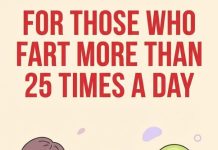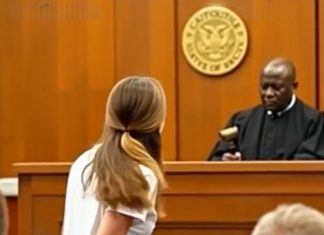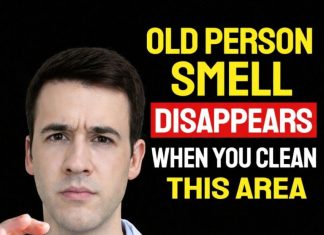Concerns Rise Over Illicit Activities on Roosevelt Avenue, Queens
Residents of Roosevelt Avenue in Queens are increasingly alarmed by the growing presence of brothels and sex trafficking in what was once a bustling commercial area. Stretching two miles, this corridor, which includes diverse immigrant-owned businesses, has shifted from a vibrant community hub to one that locals are labeling a “red-light district.” This transformation has not only led to a significant decline in legitimate businesses but also fostered a sense of fear and insecurity among residents. Many local establishments, once thriving with foot traffic and community support, are now overshadowed by illegal operations that thrive in this environment, pushing legitimate businesses to the brink of closure.
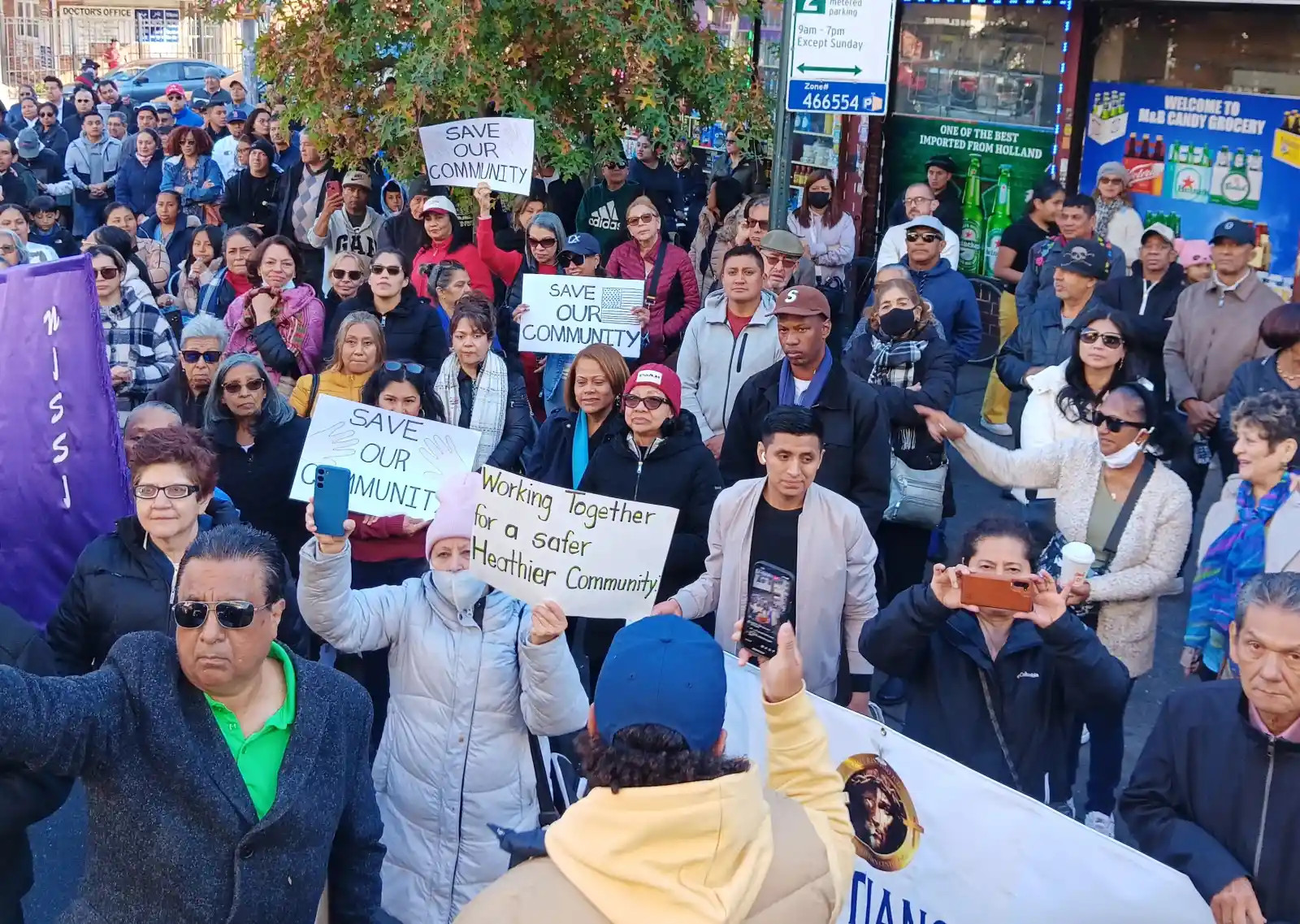
The Community’s Outcry
Despite ongoing efforts from local law enforcement to address these growing concerns, many residents express a profound sense of helplessness regarding the situation. The local community leaders, frustrated with what they perceive as inadequate responses from their representative, Alexandria Ocasio-Cortez, have taken the extraordinary step of appealing directly to FBI Director Kash Patel. They argue that the problem has escalated beyond the capabilities of local authorities, claiming that the rise in illicit activities reflects a systemic failure that requires stronger federal measures. The community’s appeal for assistance underscores their desperation; they view federal intervention as essential to combat the influx of criminal activities that are deeply entrenched in their neighborhood.
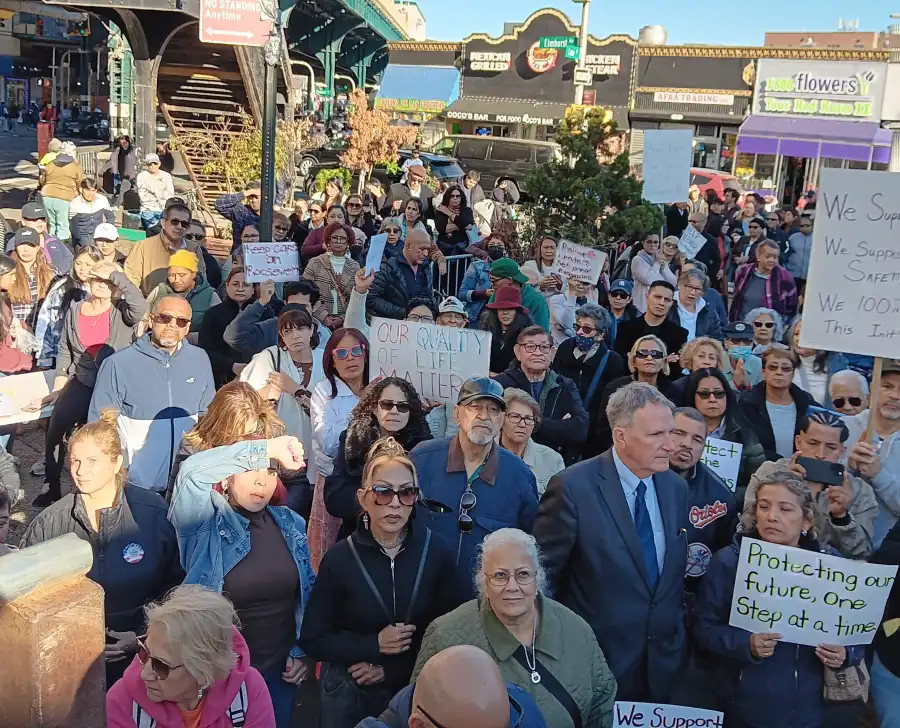
Grassroots Movements and Protests
In light of these challenges, a coalition named Restore Roosevelt Avenue has emerged, spearheading protests aimed at raising awareness and demanding action. This grassroots organization has mobilized local residents, activists, and business owners, creating a unified front against the illicit activities that threaten their community. Their efforts have been directed towards identifying specific locations believed to be operating as brothels, with some members conducting surveillance and gathering evidence. Their claims suggest that organized gangs are not only coercing women into prostitution but are also engaging in open drug dealing, further exacerbating the safety concerns within the neighborhood. Through their protests, they aim to shine a spotlight on the issue, urging law enforcement and local government officials to take decisive action.

Criminal Activities and Community Safety
The residents’ fears are compounded by the reality that even when law enforcement makes arrests, those arrested are often quickly replaced by new individuals. This cycle of crime has been highlighted by the recent arrest of eight individuals connected to the 18th Street gang, a group that has been implicated in various violent criminal activities along Roosevelt Avenue. Community members assert that the ongoing illicit activities create a toxic environment, jeopardizing the safety of their families and children, especially around local schools where solicitation occurs openly. Parents express worry over their children walking to school, fearing they may encounter drug dealers or be approached by individuals involved in sex work. The effects of such crime ripple through the community, leading to declining property values and a pervasive sense of despair.
Calls for Action and Support
While Ocasio-Cortez has made requests for funding to support nonprofits tackling trafficking, many constituents are dissatisfied, believing there is a greater need for direct intervention and immediate support services. They have turned their attention to Rep. Grace Meng, who is advocating for increased federal funding and improved collaboration with the NYPD. Meng’s proactive approach is seen as essential to address the pressing issues faced by the community, including the need for victim-centered support services and rehabilitation programs aimed at tackling the root causes of these problems. Community advocates argue that in addition to law enforcement efforts, resources need to be dedicated to counseling and rehabilitation for those caught in the cycle of exploitation, creating an environment where victims can feel safe and supported.
The Bigger Picture
The troubling situation on Roosevelt Avenue reflects broader societal challenges, including issues of crime, immigration, and urban management. As the neighborhood grapples with the ramifications of these problems, residents are calling for an urgent response from city officials to ensure the safety and wellbeing of their community. The residents of Roosevelt Avenue are not merely asking for intervention; they are demanding a comprehensive strategy that addresses the underlying issues affecting their daily lives. This includes discussions around social services, mental health resources, and community engagement initiatives to empower residents and strengthen neighborhood ties.
Conclusion
The growing concerns among residents of Roosevelt Avenue in Queens underscore a critical need for community engagement and government action. As local leaders organize and citizens rally for change, it becomes imperative to acknowledge the complex dynamics at play and work towards sustainable solutions. In a community that once thrived on legitimate commerce and familial ties, the fight against illicit activities has become a rallying cry for residents, who seek to reclaim their neighborhood from the shadows of crime and fear. The urgency of their plight is palpable; they are not simply fighting for their homes but for the future of their children and their community. It is essential for broader public awareness to be raised about these issues, as the implications stretch beyond the confines of Roosevelt Avenue. The challenges faced here resonate with many urban neighborhoods grappling with similar struggles, making it a matter of collective concern. Advocates encourage citizens to share this story, hoping that increased visibility can lead to meaningful change that restores safety and dignity to the community. Each voice raised in solidarity can amplify the call for action, and together, the residents of Roosevelt Avenue can work towards a future free from the grip of crime and exploitation.







